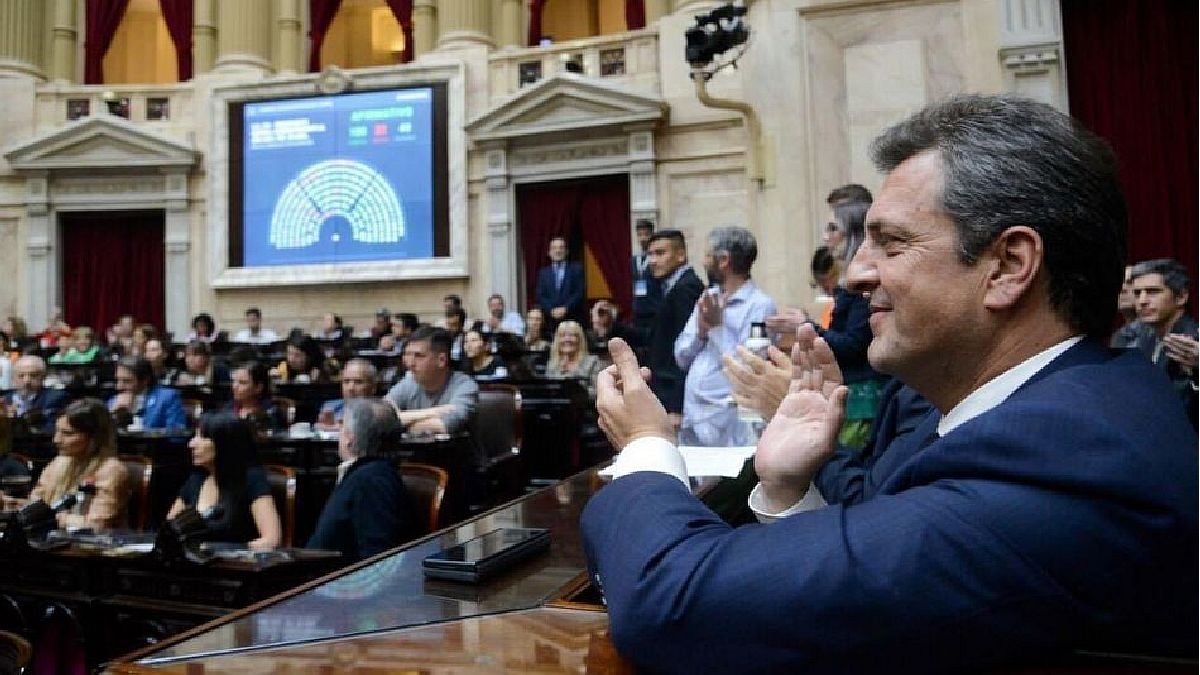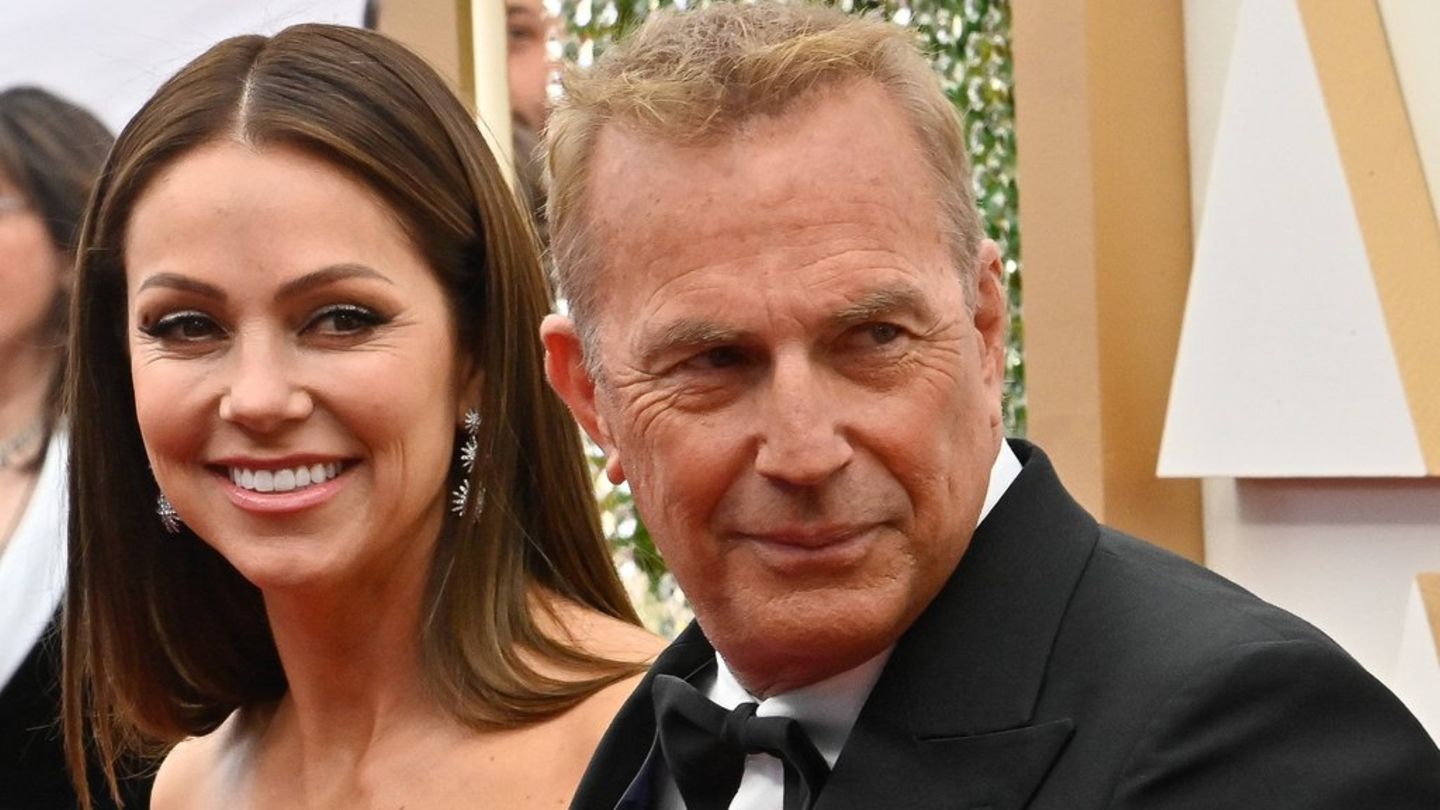The project approved last night by the Upper House has as central points the forecast of a global spending of almost $29 trillion, a fiscal deficit of 1.9% and an inflationary guideline of 60%. In the same way, estimates a growth of 2% in 2023 for the Gross Domestic Product (GDP), after a projected expansion of 4% per year for the end of this year.
“In general, we cannot talk about an adjustment budget. We are mainly talking about an increase in real spending and a reduction in the deficit through higher income and fewer subsidies,” he said. martin burgoseconomist with a master’s degree from the Paris School of Higher Studies in Social Sciences (EHESS), in dialogue with Télam.
Regarding the subsidies, he specified that there will be “a 22% reduction in transportation and 29% in electricity,” with an increase in funds for gas consumption that, however, will be “less than the increase in costs.”
Burgos appreciated that, unlike 2021, “the budget has been voted” in Congress. “It is a great advance and an institutional responsibility, especially of the opposition, and that must be mentioned as something important”he asserted.
Asked about the macroeconomic goals that “the law of laws” provides, Burgos indicated that there is a consensus that there will be less growth and that “it will be difficult for it to be like this year.”
Regarding inflation, he considered that “It depends a lot on what happens between now and the holidays,” and added: “if it is managed to control it, I think there are possibilities of reducing it, I don’t know if to 60%, which is indicative.”
In the same line for Martin Epstein, economist at the Center for Political Economy (CEPA), “the Budget is not for adjustment” but “it is not expansive either.” “It is a Budget in line with what was agreed with the International Monetary Fund (IMF) and I would say that it is reasonable with the goal of reducing the fiscal deficit by proposing a reasonable inflationary deceleration process,” he explained to Télam.
According to Epstein, “the subsidy removal scheme” represents a novelty compared to the previous Budget presented in 2021.
However, he considered that he could have been more “ambitious” in terms of collection. “There are a number of items where collection could have been increased, such as the issue of Income Tax to the Judiciary, which would have allowed a more expansive Budget with spending,” he said, referring to the initiative that was rejected by the opposition in the treatment of the law in the Chamber of Deputies.
However, like Burgos, Epstein appreciated the accompaniment of the opposition to the project sent by the Minister of Economy, Sergio Massa. “Last year there was a political move to leave the Government without a budget, which would have been dangerous if it were repeated in this instance. The same arguments that the opposition used last year could have been used on this occasion and, however, they did not He did it because rationality prevailed”asserted the CEPA economist.
The question, however, will remain in the way of financing the deficit and in the effective allocation of items. “I think that the Government will try to obtain financing in the local market, otherwise it will have to issue, which is what it does not want to do,” he opined, adding: “You have to see how the electoral year plays in the allocation of items and if there is a margin to expand spending.
He indicated that in the projections and in the composition of spending “there is a greater participation of investment than of consumption in aggregate demand.” “There is a search to promote investment and especially exports,” said Epstein.
Although for the economist “the inflation goal of 60% per year is ambitious”, he considered that it is a good idea “to chart a path towards that number.” “The government has to wait for lower inflation (than this year) because if that doesn’t happen, there is a risk of stagnation or upward spiraling”he claimed.
Meanwhile, according to the economist and researcher Alfredo Schclarek Curutchet“the Budget proposes reducing the fiscal deficit by 0.6 percentage points of GDP, which is a fiscal adjustment but it is not huge, rather it is part of the idea included in the agreement with the IMF to partially reduce the deficit”,
“I think there is a certain consensus that it is necessary in this situation to reduce it and in that sense it does not seem bad to me. Besides, it considers a certain growth, so part of that reduction will go via an increase in revenue due to growth,” told this agency.
Within this framework, Curutchet was skeptical about the inflation target, and opined that a “broader vision” is necessary to reduce the price increase and not “exclusively monetarist.”
“It gives me the impression that if the government believes that simply by reducing the deficit, and therefore, issuance financing, it will lower inflation; it will be difficult for it to drop to 4% per month. A little more is needed,” explained.
Avoiding the delay of the exchange rate and the concentration in the year of the increases in gasoline prices are key for Curutchet with the objective of avoiding increases of more than 4% per month.
“It is important to generate greater coordination towards lowering prices, achieving a follow-up of the unions with parities at 60% and, in any case, apply trigger clauses so that workers do not continue to lose purchasing power”he synthesized.
Source: Ambito
David William is a talented author who has made a name for himself in the world of writing. He is a professional author who writes on a wide range of topics, from general interest to opinion news. David is currently working as a writer at 24 hours worlds where he brings his unique perspective and in-depth research to his articles, making them both informative and engaging.




